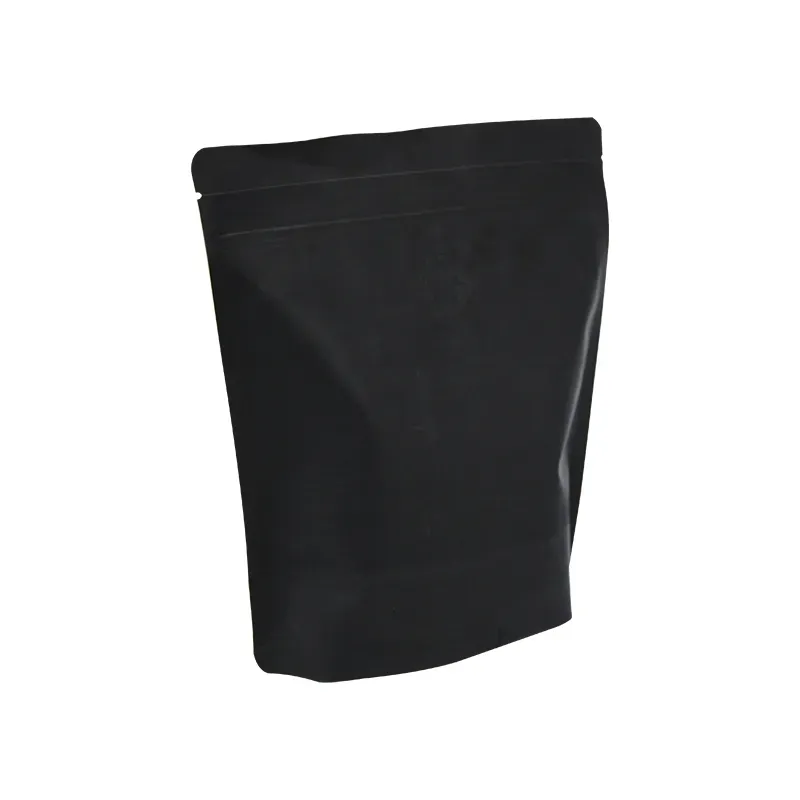- Afrikaans
- Albanian
- Amharic
- Arabic
- Armenian
- Azerbaijani
- Basque
- Belarusian
- Bengali
- Bosnian
- Bulgarian
- Catalan
- Cebuano
- chinese_simplified
- chinese_traditional
- Corsican
- Croatian
- Czech
- Danish
- Dutch
- English
- Esperanto
- Estonian
- Finnish
- French
- Frisian
- Galician
- Georgian
- German
- Greek
- Gujarati
- haitian_creole
- hausa
- hawaiian
- Hebrew
- Hindi
- Miao
- Hungarian
- Icelandic
- igbo
- Indonesian
- irish
- Italian
- Japanese
- Javanese
- Kannada
- kazakh
- Khmer
- Rwandese
- Korean
- Kurdish
- Kyrgyz
- Lao
- Latin
- Latvian
- Lithuanian
- Luxembourgish
- Macedonian
- Malgashi
- Malay
- Malayalam
- Maltese
- Maori
- Marathi
- Mongolian
- Myanmar
- Nepali
- Norwegian
- Norwegian
- Occitan
- Pashto
- Persian
- Polish
- Portuguese
- Punjabi
- Romanian
- Russian
- Samoan
- scottish-gaelic
- Serbian
- Sesotho
- Shona
- Sindhi
- Sinhala
- Slovak
- Slovenian
- Somali
- Spanish
- Sundanese
- Swahili
- Swedish
- Tagalog
- Tajik
- Tamil
- Tatar
- Telugu
- Thai
- Turkish
- Turkmen
- Ukrainian
- Urdu
- Uighur
- Uzbek
- Vietnamese
- Welsh
- Bantu
- Yiddish
- Yoruba
- Zulu
Is Medical Marijuana Approved for Use in the State of Utah?
Is Medical Marijuana Legal in Utah?
The landscape of marijuana legality in the United States has evolved significantly over the past few decades. Among the myriad of state laws, Utah has made notable strides in the realm of medical marijuana. This article aims to explore the legal status of medical marijuana in Utah, its implementation, and the implications for patients seeking treatment.
The Legal Framework
Utah's journey towards legalizing medical marijuana was marked by significant public and legislative efforts. In December 2018, Utah Governor Gary Herbert signed the Utah Medical Cannabis Act into law, allowing patients with qualifying medical conditions to access and use medical marijuana. This law was the result of extensive grassroots campaigning, including the advocacy of families affected by serious medical conditions that could potentially be relieved with marijuana.
Qualifying Conditions
The law stipulates a list of qualifying medical conditions for which patients can obtain a medical cannabis card. These conditions include, but are not limited to
- Cancer - Epilepsy - Multiple sclerosis - Chronic pain - PTSD (Post-Traumatic Stress Disorder) - Autism
Patients diagnosed with these conditions must meet with a licensed medical provider who can recommend medical marijuana as a treatment option. After receiving a recommendation, patients can then apply for a medical cannabis card through the Utah Department of Health.
The Application Process
is medical marijuana legal in utah

The application process for obtaining a medical cannabis card in Utah is systematic and designed to ensure that only those who truly need it can gain access. After receiving a recommendation from a qualified medical provider, applicants must submit their application online, including relevant medical records and identification. If approved, patients receive a card that allows them to purchase medical marijuana from licensed dispensaries throughout the state.
Dispensaries and Access
The establishment of licensed dispensaries has been a critical element in the rollout of the medical marijuana program in Utah. As of today, several dispensaries are operational across the state, providing patients with access to a variety of cannabis products, including flowers, edibles, and oils. The Utah Medical Cannabis Act also allows for home cultivation of cannabis, enabling patients to grow their own plants under specific regulations—though this aspect of the law comes with its own set of restrictions and guidelines.
The Impact on Patients
The legalization of medical marijuana in Utah has been a game-changer for many patients struggling with chronic conditions. For individuals relying on traditional pharmaceuticals that may come with severe side effects or limited efficacy, medical cannabis has offered a viable alternative. Many patients report significant improvements in their quality of life, utilizing medical marijuana to manage pain, anxiety, and other debilitating symptoms.
However, the implementation of this law has not been without its challenges. Public perception and lingering stigma surrounding marijuana use remain prevalent. Additionally, patients sometimes encounter bureaucratic hurdles that can complicate their access to necessary medications. Nonetheless, the overall sentiment among the medical community and patients is increasingly positive as more individuals share their success stories.
Conclusion
In summary, medical marijuana is indeed legal in Utah, thanks to the Utah Medical Cannabis Act. The law provides a framework that allows qualified patients access to medical cannabis, helping them manage various health conditions. As the program continues to evolve and adapt based on patient needs and feedback, it represents a significant shift in Utah's approach to medical treatment and a step towards broader acceptance of cannabis as a legitimate therapeutic option. As awareness grows and more research is conducted, the future of medical marijuana in Utah appears promising, with the potential for further advancements in medical care for those in need.













